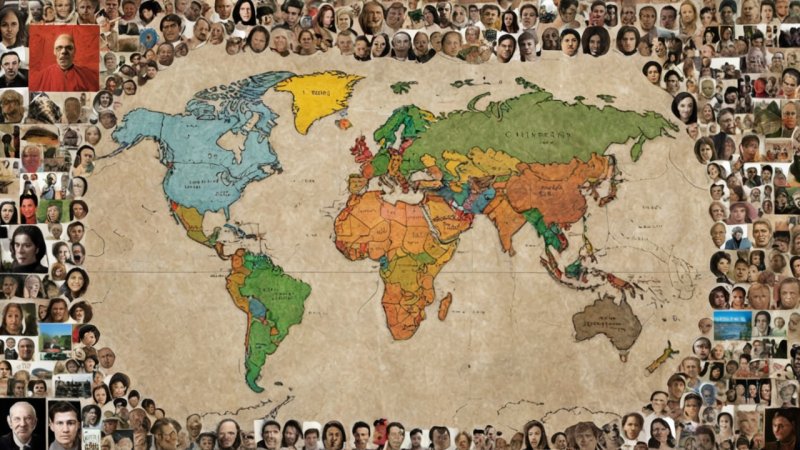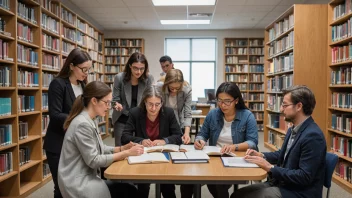As we confront a range of pressing global issues—from climate change to social injustice—the humanities emerge as a crucial lens through which we can understand and address these challenges. The humanities, encompassing disciplines such as literature, history, philosophy, and the arts, provide valuable perspectives that enhance our comprehension of the human experience and societal dynamics. By examining these aspects, we can develop more nuanced solutions to the global challenges we face today.
One of the fundamental contributions of the humanities is their ability to foster empathy and cultural awareness. Through literature, film, and art, we gain access to diverse narratives that illuminate the experiences of individuals and communities around the world. Engaging with these stories allows us to step into the shoes of others, cultivating a deeper understanding of their struggles, aspirations, and values. For instance, reading novels that portray the lives of refugees can evoke empathy and inspire action to support displaced populations, emphasizing the importance of human connection in addressing global challenges.
The humanities also excel in providing critical historical perspectives that inform our understanding of contemporary issues. By studying history, we can identify patterns in human behavior and responses to crises. For example, analyzing how societies have coped with past pandemics or environmental disasters allows us to glean insights into resilience and adaptation. These historical lessons are invaluable in shaping our strategies for addressing current global challenges, as they provide context and cautionary tales that inform our decisions.
Philosophy, another key area within the humanities, encourages ethical reflection and critical thinking about the values that underpin our actions. As we grapple with complex issues such as climate change and social inequality, philosophical discourse prompts us to confront questions of justice, responsibility, and the common good. Engaging with these ethical dilemmas is essential for ensuring that our solutions prioritize fairness and equity. For instance, discussions about environmental justice highlight the disproportionate impact of climate change on marginalized communities, urging us to consider who bears the burden and how we can create inclusive policies.
Additionally, the humanities provide a platform for examining the social and cultural dynamics that contribute to global challenges. Social sciences, a branch of the humanities, explore the relationships between culture, politics, and society, revealing how systemic inequalities perpetuate issues such as poverty and discrimination. By amplifying the voices of marginalized groups, the humanities advocate for social justice and empower communities to challenge oppressive systems.
In education, integrating the humanities into discussions of global challenges equips students with the skills to think critically, empathize with others, and engage actively in their communities. Interdisciplinary approaches that combine scientific inquiry with humanistic perspectives prepare students to navigate the complexities of the modern world. This holistic education fosters not only knowledge but also a sense of social responsibility and ethical engagement.
In summary, the humanities play an indispensable role in helping us understand and address global challenges. By fostering empathy, providing historical context, and encouraging ethical reflection, the humanities enrich our comprehension of the human experience. As we navigate an increasingly interconnected world, embracing the insights of the humanities will be essential for developing sustainable solutions that prioritize human dignity and social justice.
Understanding Global Issues Through Humanities Insights
Explore how the humanities provide critical insights into global challenges such as climate change and social injustice, fostering empathy and cultural awareness.






